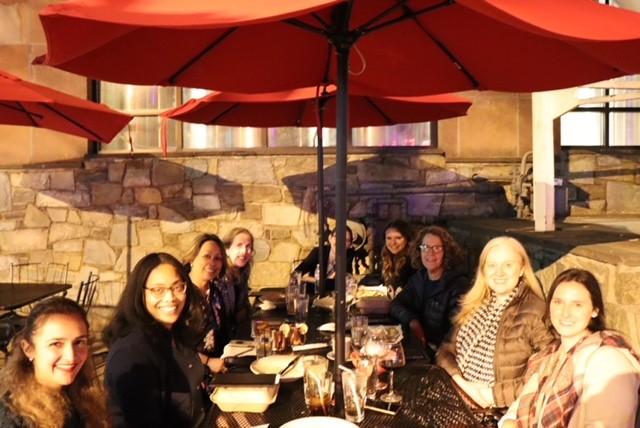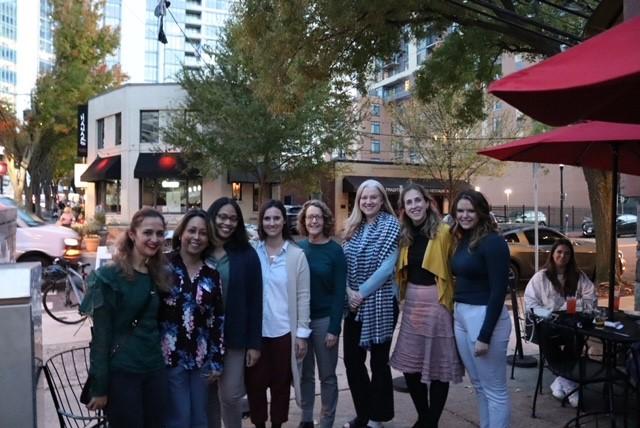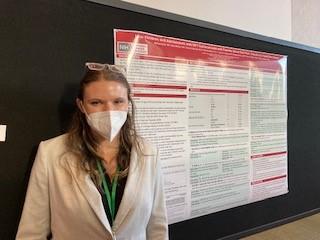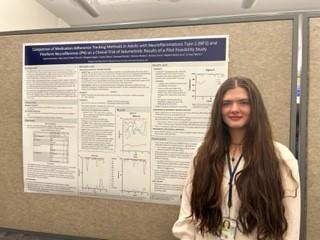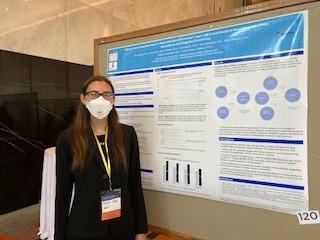Pamela L. Wolters, Ph.D.
- Center for Cancer Research
- National Cancer Institute
- Building 82, Room 109
- Bethesda, MD 20892
- 240-760-6035
- woltersp@mail.nih.gov
RESEARCH SUMMARY
Dr. Wolters leads a clinical research program that characterizes the longitudinal effects of disease and treatment on neuropsychological functioning and quality of life (QOL) in children and adults with chronic illness, including cancer and NF1. She explores relations between neuropsychological outcomes, disease parameters, and other factors to better understand the etiology of these effects. She develops novel assessment tools including patient-reported outcomes to assess QOL and pain. Her findings guide the development and evaluation of novel interventions to ameliorate the detrimental effects of illness and treatments. Specifically, Dr. Wolters is pioneering the use of physical activity to improve the cognitive late effects of radiation-induced cognitive impairments in children with brain tumors.
Areas of Expertise
Information for Patients
Learn more about our clinical trials and the highly specialized care teams that lead them.
Pamela L. Wolters, Ph.D.
Biography
Pamela L. Wolters, Ph.D.
Pam Wolters, Ph.D., a licensed psychologist and staff scientist in the Pediatric Oncology Branch (POB) of the National Cancer Institute (NCI), is co-director of the Behavioral Sciences Core and head of the Neurobehavioral Program.
Dr. Wolters’ background includes a Ph.D. in school psychology, internship in clinical child and pediatric psychology, post-doctoral fellowship in adolescent medicine, and post-doctoral training in neuropsychological research. Dr. Wolters has over 25 years experience in the developmental, cognitive, and psychological assessment of infants through adults, and she has specific expertise in working with pediatric populations with severe developmental disabilities and chronic medical conditions. She has been a licensed psychologist in the state of Maryland since 1994.
For her entire career, Dr. Wolters has worked at the NCI conducting neuropsychological research primarily with children, adolescents, and adults with chronic illnesses, such as cancer, HIV infection, and neurofibromatosis type 1 (NF1). Previously, she worked on all six of the competitive NCI neuropsychology contracts and served as the Principal Investigator of these contracts for 10 years during which she was responsible for all the technical aspects and appropriate scientific execution of the research program. She joined the POB in 2009 to lead the further development of collaborative neurobehavioral research and psychological services within the branch.
Over the years, Dr. Wolters and the neurobehavioral team have built a productive research agenda and an extensive publication record. Dr. Wolters works closely with multidisciplinary investigators to design and implement collaborative studies, including several multi-center trials, to examine the longitudinal effects of disease and treatment on the central nervous system (CNS) and assess changes in quality of life (QOL). Due to her expertise in research with pediatric medical conditions, Dr. Wolters is an invited peer reviewer for a number of respected scientific journals and various oncology and NF1 grants. Furthermore, Dr. Wolters is an active participant in the NF Consortium and is chair of the QOL committee. She also leads the Patient-Reported Outcomes (PRO) working group of the Response Evaluation in Neurofibromatosis and Schwannomatosis (REiNS) International Collaboration.
Her specific research interests include the longitudinal effects of disease and treatment on the CNS, relationship between psychological and biological factors, development of novel assessment tools and pediatric outcome measures, assessment of quality of life in children with chronic medical conditions, and interventions to remediate the cognitive late effects of disease and treatment. Specifically, Dr. Wolters is pioneering the use of physical activity to improve the cognitive impairments in children treated with radiation for brain tumors.
Team
Clinical Trials
Research
Health Psychology and Neurobehavioral Research Program
As part of the Behavioral Health Core, the primary aim of the Health Psychology and Neurobehavioral Research Program is to conduct systematic collaborative research to support the scientific efforts of the NCI and other NIH institutes. The two main objectives are:
1. to investigate the effects of the disease and treatment on the neurobehavioral functioning of children and adults with rare medical conditions through longitudinal evaluations and the development of new assessment measures
2. to develop and implement novel interventions to tackle difficult problems and unmet needs of children and adults with rare medical conditions to improve their quality of life
Dr. Wolters' specific research interests include the longitudinal effects of disease and treatment on the CNS, the relationship between psychological and biological factors, the development of novel assessment tools and pediatric outcome measures, assessment of quality of life (QOL) and pain in children with chronic medical conditions on clinical trials, and development and evaluation of novel interventions to remediate or prevent the cognitive effects of disease and treatment. She has received grants from outside foundations to fund several of the research projects she leads, including the use of a physical activity intervention to remediate the cognitive late effects of radiation in children treated for brain tumors, and the development and validation of pain measures for children and adults with neurofibromatosis type 1 (NF1).
Publications
- Bibliography Link
- View Dr. Wolters Publication list through PubMed.
Current recommendations for patient-reported outcome measures assessing domains of quality of life in neurofibromatosis clinical trials.
The impact of MEK inhibitor therapy on neurocognitive functioning in NF1.
Systematic evaluation of neurotoxicity in pediatric and young adult patients undergoing CD22 chimeric antigen receptor-T-cell therapy
Job Vacancies
We have no open positions in our group at this time, please check back later.
To see all available positions at CCR, take a look at our Careers page. You can also subscribe to receive CCR's latest job and training opportunities in your inbox.
Lab Life
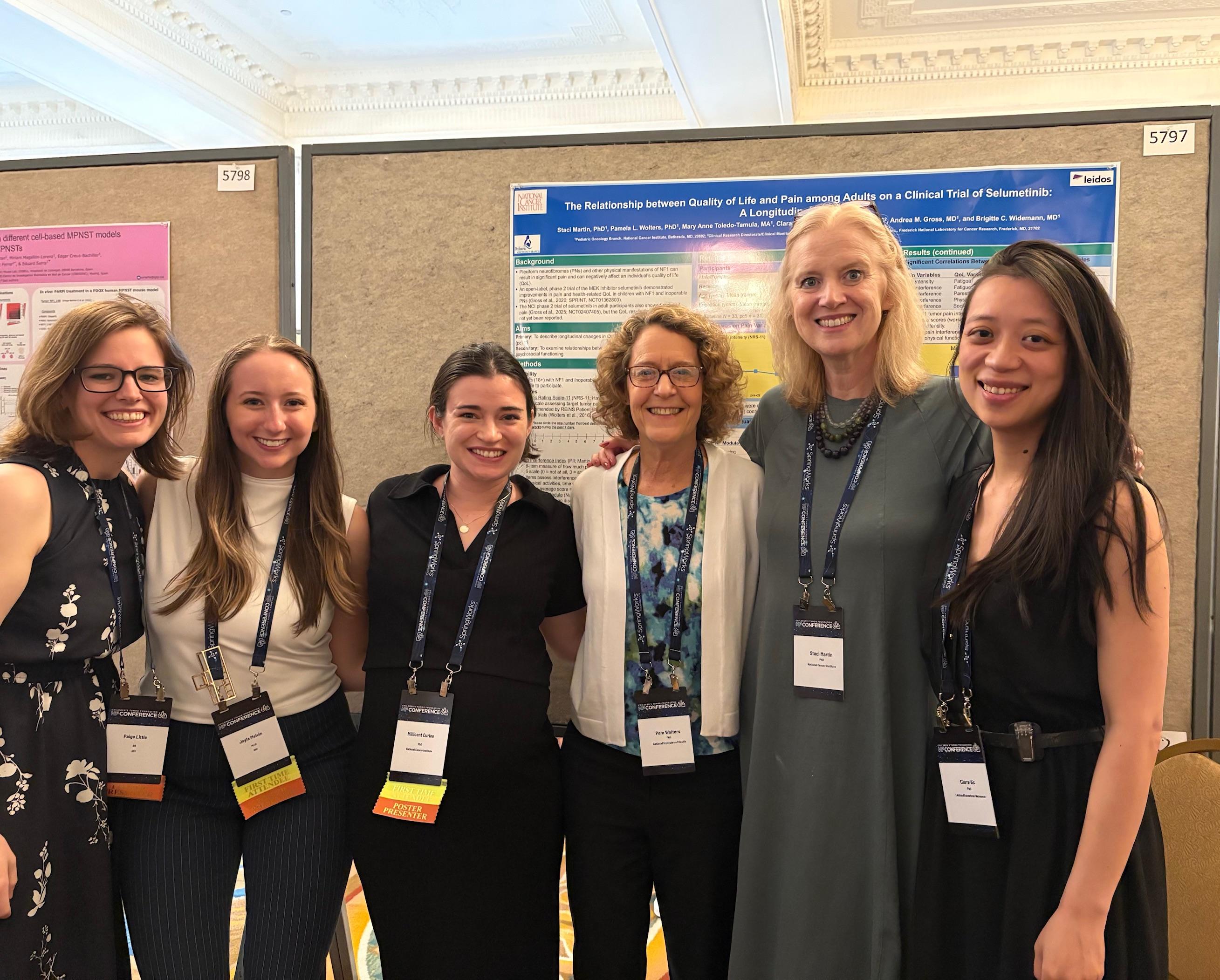
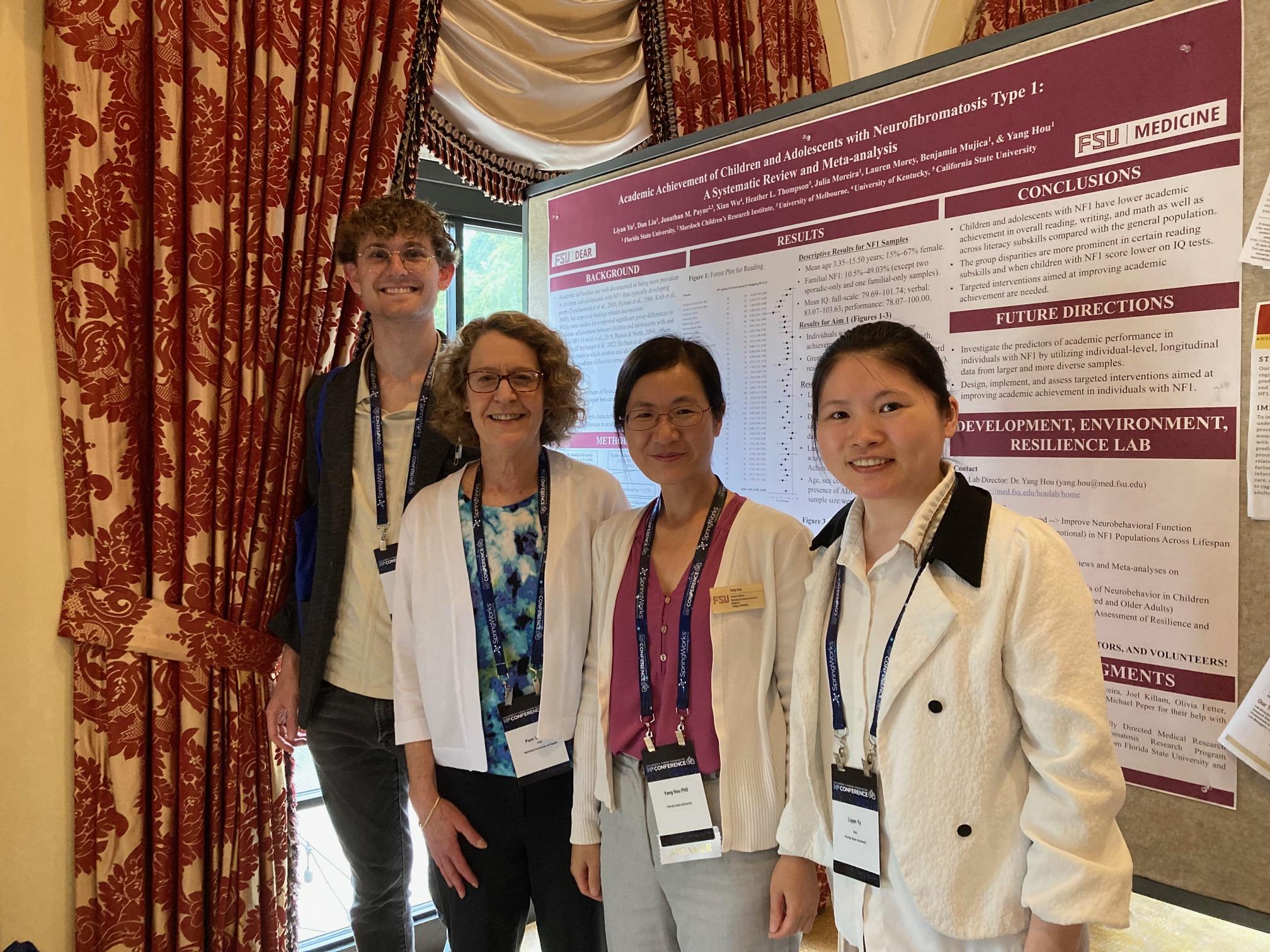
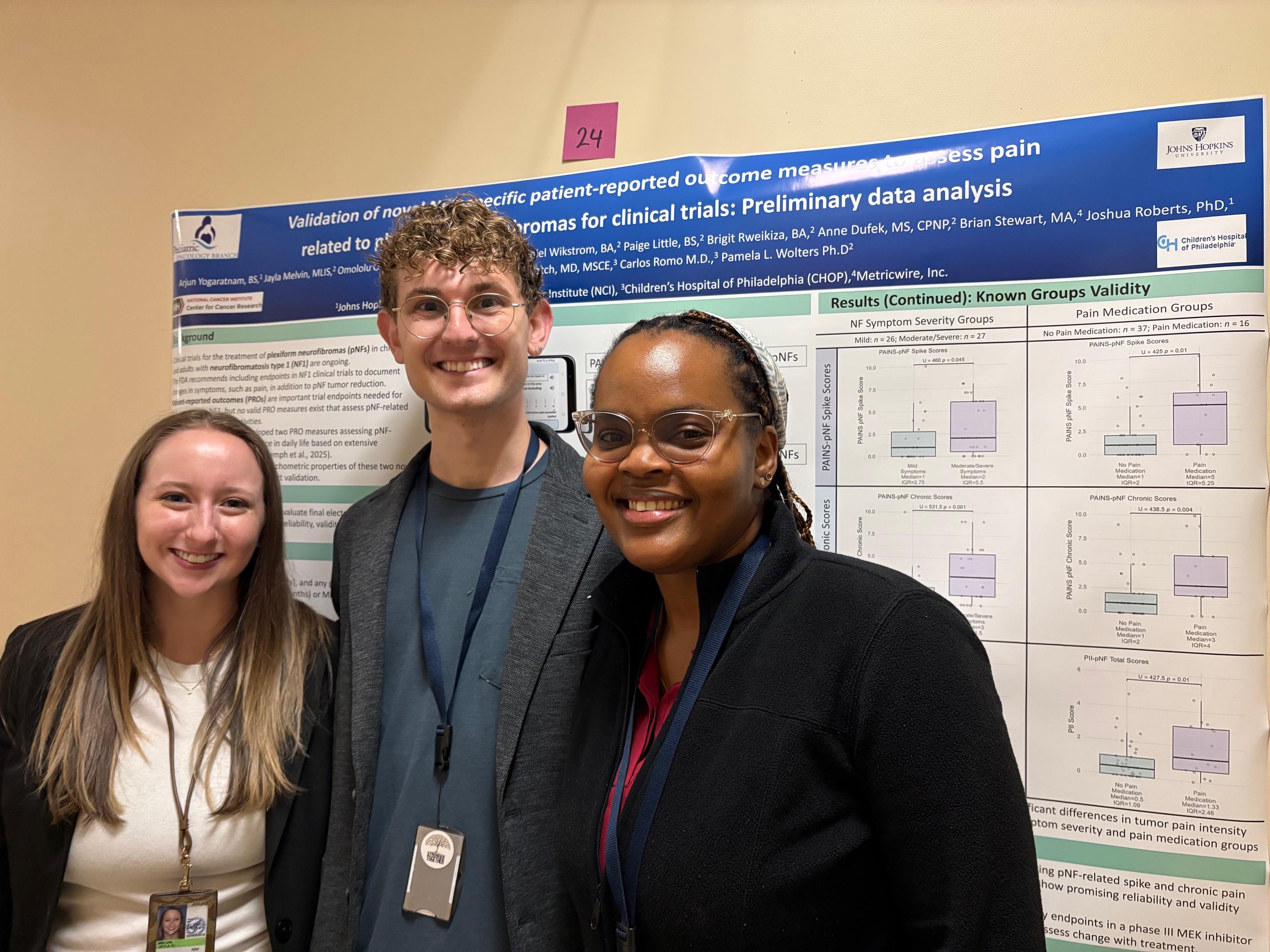
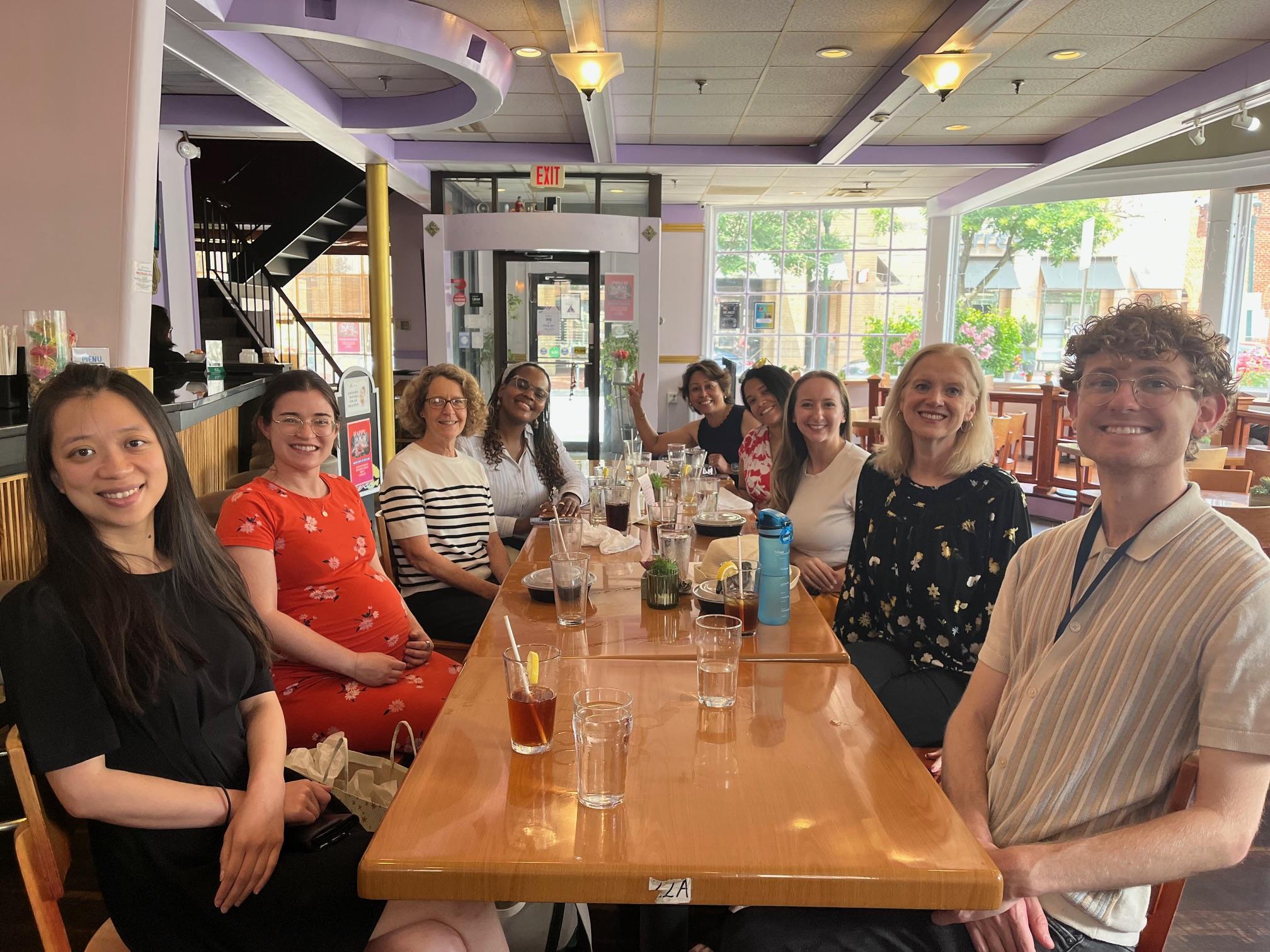
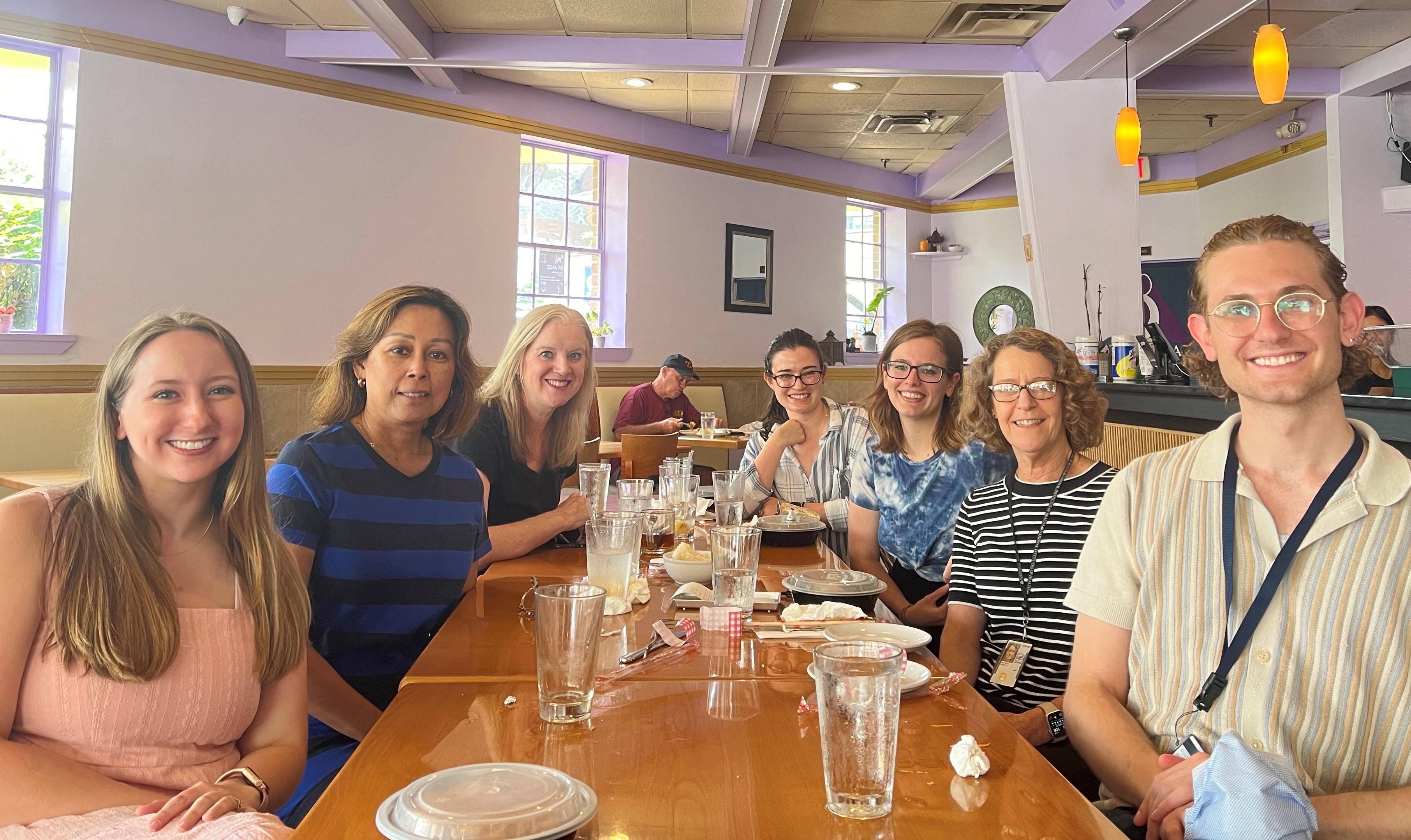
Group Lunch
